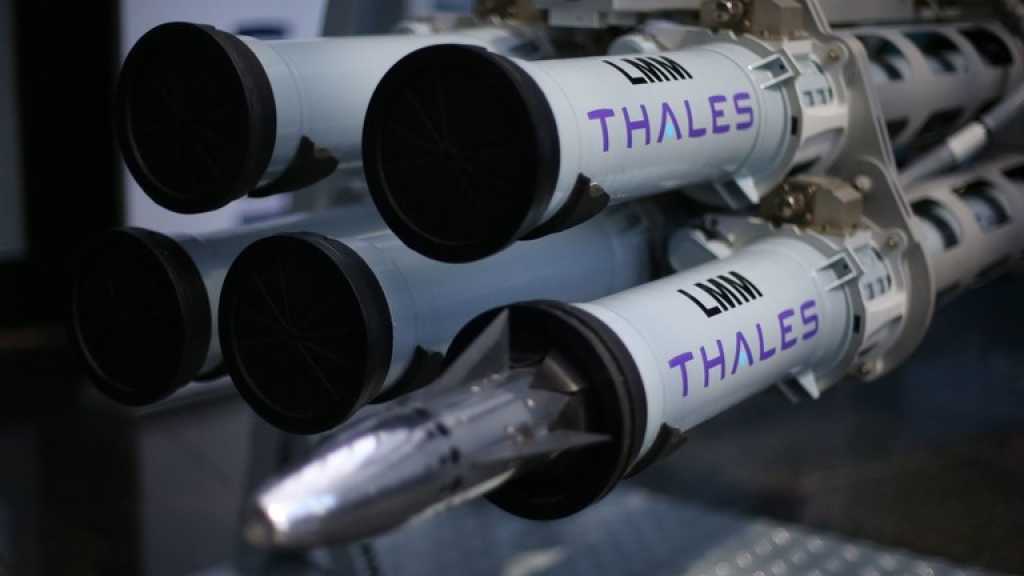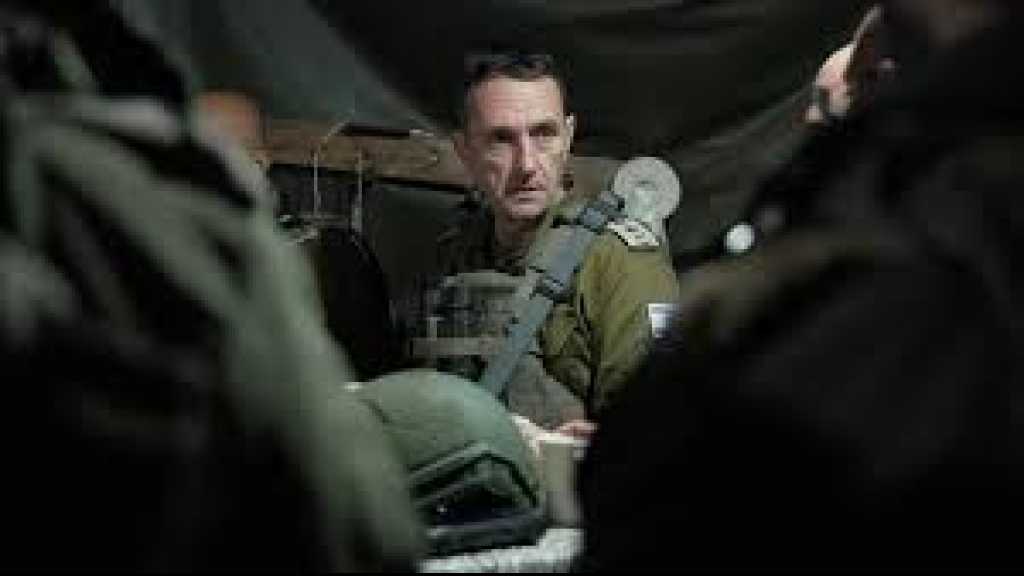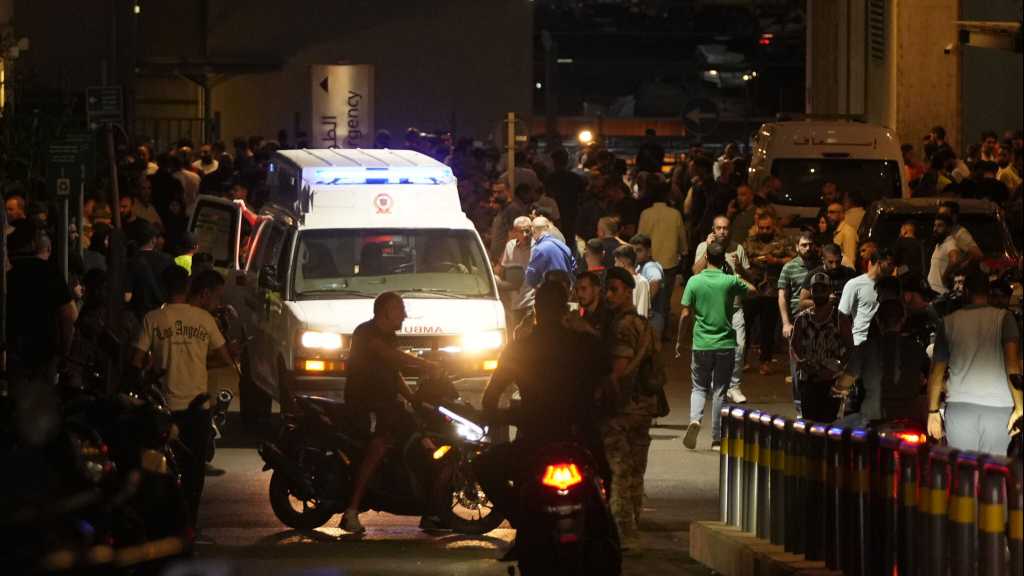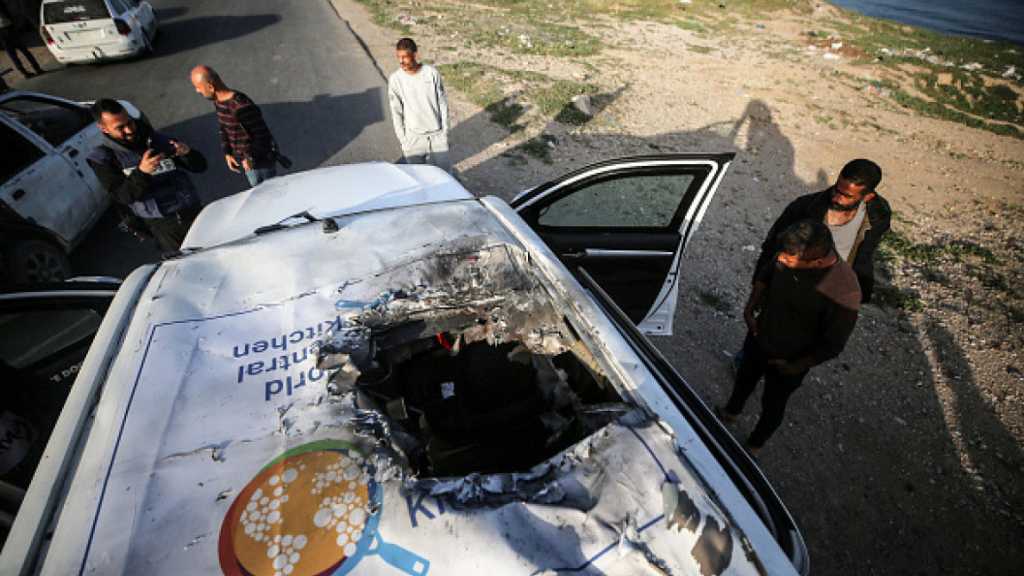
MEE: UK Gov’t’s Covert Propaganda Campaign in Syria
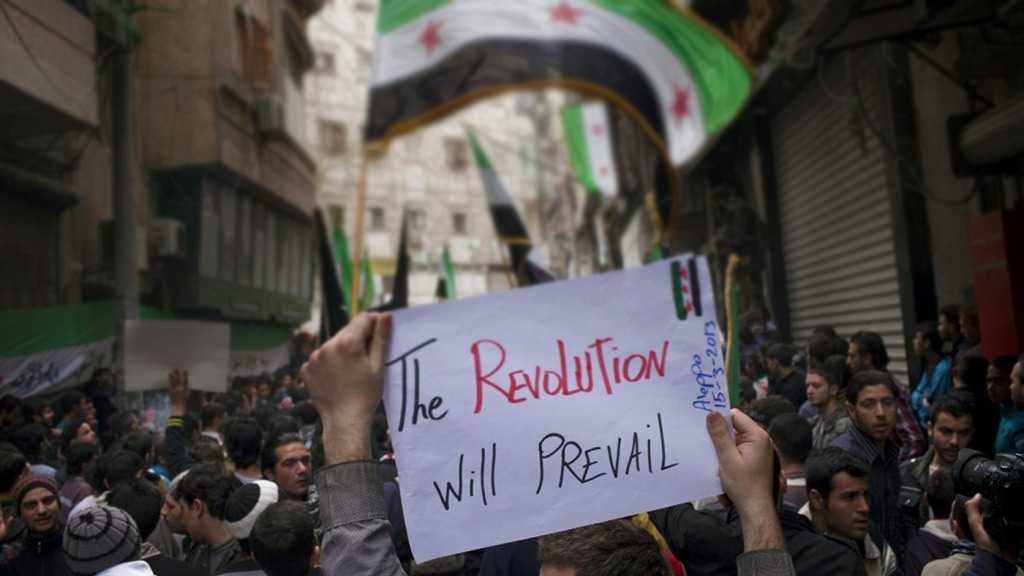
By Staff, MEE
The British government covertly established a network of citizen journalists across Syria during the early years of the country’s war in an attempt to shape perceptions of the conflict, frequently recruiting people who were unaware that they were being directed from London.
A number of leaked documents seen by Middle East Eye show how the propaganda initiative began in 2012 and gathered pace the following year, shortly after the UK parliament refused to authorize British military action in Syria.
Drawing upon British, American and Canadian funding, UK government contractors set up offices in Istanbul and Amman, where they hired members of the Syrian diaspora, who in turn recruited citizen journalists inside Syria.
These journalists, many of them young, were commissioned to produce TV footage, radio programs, social media, posters, magazines and even children’s comics.
While many Syrians turned spontaneously to media activism from the start of the war, the documents describe the way in which the British government sought to guide some of their output, seeing citizen journalism as a way of covertly influencing Syrian audiences.
The papers also make clear that those people who were recruited were often unaware that they were part of a British propaganda initiative.
Some of those who were recruited have defended their involvement, however, saying that they were reliant on western support in their efforts to counter pro-government reporting in Syrian state media, and in Iranian and Russian-backed media.
At a time when the last opposition-held enclave in Idlib province is under assault by pro-government forces, they questioned whether western countries could have contributed more material support to moderate rebels.
Some Syrian journalists complained that western support for their work was decreasing even as it was most needed.
The documents were drawn up as blueprints for the initiative by an anthropologist working in counter-terrorism at the foreign office in London. They were issued in late 2014 to a small number of communications companies that were invited to bid for three contracts to deliver the work.
The documents show that the over-arching aim of the citizen journalism project – and a series of interlinked British propaganda initiatives – was to promote the UK’s strategic interests in Syria and the Middle East.
These are defined in the leaked papers as “a more stable and democratic Syria that better meets the needs and aspirations of its people”, support for a political solution to the conflict, the alleviation of humanitarian suffering, and enhanced UK security.
As well as developing grassroots journalism aligned with British government values, the UK and other western governments were at the same time attempting to build civil society in areas controlled by some of Assad’s opponents, financing and training police forces and civil defense teams.
The anthropologist’s blueprint makes clear that this was being done not just to help maintain law and order and provide humanitarian assistance, but “to build confidence in a future Syria free from extremist rule”.
However, the documents acknowledge the risks to the young journalists who had unwittingly been co-opted by the British government.
The British government’s citizen journalism project was part of a three-pronged propaganda initiative that was developed in London and was, according to the documents, intended to “have a synergistic effect”.
The first strand, named Syrian Identity, sought to “unite Syrians through positive affirmation of common cultures and practices and to restore trust between neighbors, while illustrating Syrians’ strength in numbers,” according to the blueprint.
The documents explain that the second strand, called Free Syria, “seeks to build confidence in a future Syria free from extremist rule".
It "amplifies the work of the ‘free’ police, civil defense teams and wider public service provision and broader developments in civil society and seeks to unite the moderate opposition (civil and armed) to work for a common future”.
The third, known as Undermine, “seeks to degrade the effectiveness of VE [violent extremist] networks in Syria by undermining the credibility of VE narratives and actors and isolating VE organizations from the populace.”
The document goes on, using a different acronym for IS: “ISIL is an explicit and named focus, Al Nusra Front (due to its current popularity within Syria) is addressed indirectly through its behavior.
“The purpose of the project to directly ‘Undermine’ (degrading the effectiveness of) VE networks in Syria through the delivery of media product, the emboldening and empowering of moderate voices, and supporting community coalescence around a vision of a tolerant, pluralist Syria. Ultimately, active Syrian rejection of VE is the requirement.”
The documents add that the research underpinning the initiative “will need to be able to draw upon open source material, jihadist discourse and, in particular, a network of assets inside Syria”.
Individuals familiar with the project say that around nine companies were invited to bid for the contracts. They included a number of firms established by former British diplomats, intelligence officers and army officers.
Although the contracts were awarded by the UK’s foreign office, they were managed by the country’s Ministry of Defense, and sometimes by military intelligence officers.
These companies set up offices in Amman, Istanbul and, for a period, at Reyhanli in southeast Turkey. From here they would employ Syrians who would in turn recruit citizen journalists inside Syria, who were under the impression that they were working for the media offices of Syrian opposition groups.
Meanwhile, other leaked documents seen by MEE show that the British government had awarded contracts to communications companies, which selected and trained opposition spokespeople, ran press offices that operated 24 hours a day, and developed opposition social media accounts.
British staff running these offices were told that their Syrian employees were permitted to talk to British journalists – as spokespeople for the Syrian opposition – but only after receiving clearance from officials at the British consulate in Istanbul.
One of the responsibilities of the press offices set up covertly by the British government under the terms of these contracts was to “maintain an effective network of correspondents/stringers inside Syria to report on MAO [moderate armed opposition] activity”.
In this way, the British government was able to exert behind-the-scenes influence over conversations that the UK media was having with individuals who presented themselves as Syrian opposition representatives.
People involved with the operation say that some prominent British journalists visiting Istanbul would be introduced to Syrians acting as opposition spokespeople, who had been prepared for the encounter by British handlers.
They say they would brief the Syrians before the meeting, and avoid any face-to-face contact with the visiting journalists themselves.
Comments
